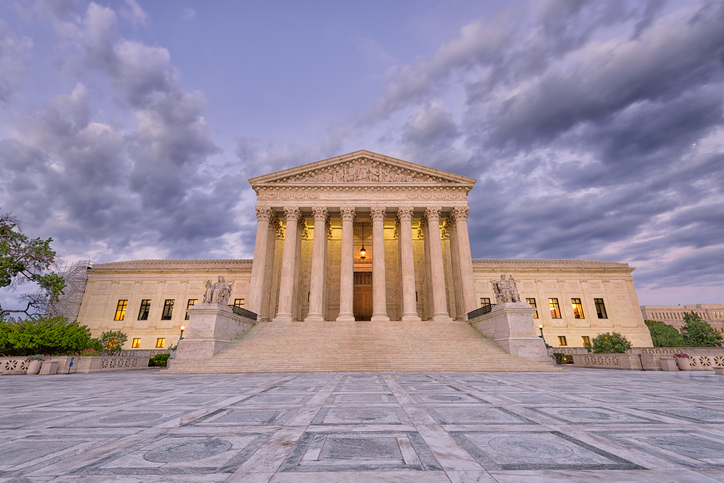Cancelling Subscriptions Could be Easier, or Maybe Signing Up Will Get Harder
Drawn in by the appeal of steady revenue, nearly three-quarters of direct-to-consumer companies now include a subscription model.[1] Everything has a subscription these days: video games, groceries, dating apps—you can even subscribe to a service to cancel your other subscriptions.[2] These subscriptions were not deterred from joining their most prominent predecessor (the gym membership) as…
Read MoreTemporary relief from compliance obligations under the Corporate Transparency Act
On December 3, 2024, a U.S. District Court[1] issued a nationwide preliminary injunction that enjoins the federal government from enforcing the Corporate Transparency Act (the CTA)[2]. The CTA requires “reporting companies” in the United States to disclose basic identifying information about their beneficial owners — the individuals who ultimately own or control a company —…
Read MoreWill Free Speech Become Expensive for Big Tech?
Section 230 of the Communications Decency Act[1] is the federal law that allows internet platforms to host online content without fear of lawsuits based on third party content. In other words, for hosting free speech, internet providers are given immunity from liability if the speech somehow crosses the line from protected free speech into unprotected…
Read MoreDolce Vita Ruling a Win for Cookies and Pixels Alike
In recent years, companies in industries from media to healthcare have faced a rash of lawsuits challenging their use of common web tracking technologies such as the Meta Pixel. These cases generally allege that the use of such tracking technologies violates common law privacy protections and a wide range of state and federal privacy statutes.…
Read MoreFTC’s Operation AI Comply Generated in Part by Fear of Scale
With the increased visibility of Artificial Intelligence (“AI”) in our daily lives—in search engines, PDF readers, social media feeds—AI is starting to become commonplace and its use normalized. In its recent crackdown against five businesses advertising AI services to consumers, the FTC put its enforcement authority behind its belief that AI can “turbocharge deception” (“Operation…
Read MoreWhat are cookie consents and do you really need them on your website?
Most of us are accustomed to receiving pop-up notices regarding cookies when we first visit a website. Some people quickly click the “accept” button and move on. Others review their choices, and opt out of some, if not all, optional cookies. Why suddenly, have we been offered such choices online, even in the U.S.? Those…
Read MoreFTC Adds COPPA Violations to the Growing List of Privacy Concerns While TikTok is on the Clock
For years now, TikTok has seemed to be the center of attention. From viral baking content to true crime to dancing videos to family-influencer content, everyone seems to be on it or talking about it. And the FTC has said that’s part of the problem. On August 2, the Department of Justice (“DOJ”) brought a suit…
Read MoreChevron Overruling Sparks Regulatory Uncertainty Across Industries
A landmark decision by the Supreme Court overruled 40-year precedent that provided the bedrock for modern federal agency rulemaking and administration. In Loper Bright Enterprises v. Raimondo (2024), alongside its companion case Relentless, Inc. v. Department of Commerce, the Supreme Court overruled Chevron U.S.A. Inc. v. Natural Resources Defense Council, Inc. (1984), holding that deference…
Read MoreReady, Set, Go: More States Adopt Privacy Laws
Note the below chart was updated on July 8, 2024 to reflect recent developments. The number of U.S. states that have adopted privacy laws grows regularly. Fortunately, there seems to be quite a bit of crossover, at least when it comes to thresholds that companies must meet in order to trigger compliance requirements. We provide…
Read MoreThe Supreme Court Strips Nonconsensual Release Power from Bankruptcy Courts
In a divided 5-4 decision, the Supreme Court held yesterday that “the bankruptcy code does not authorize a release and injunction that, as part of a plan of reorganization under Chapter 11, effectively seek to discharge claims against a non-debtor without the consent of affected claimants.” Harrington v. Purdue Pharma, L.P., __ U.S. __ (2024).…
Read More











